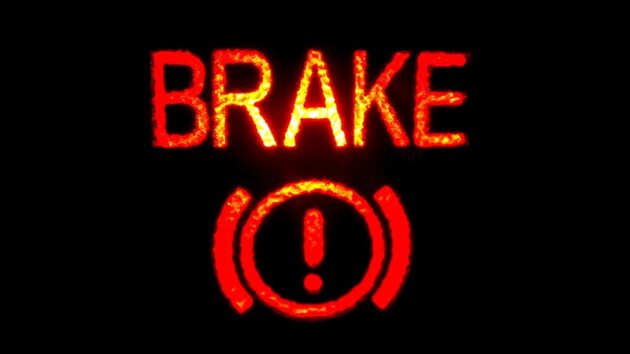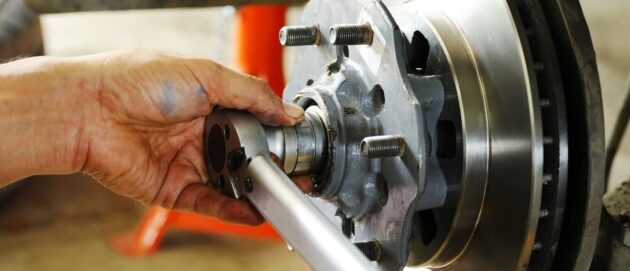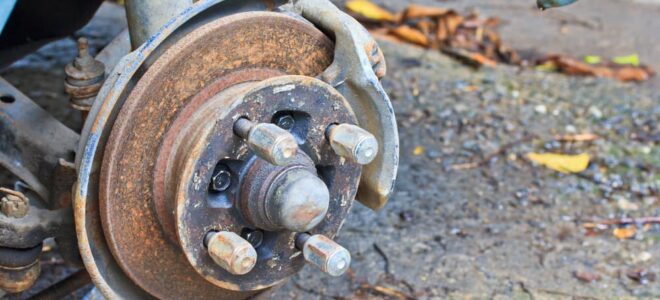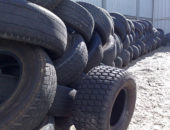When was the last time you scheduled a brake inspection for your car? It’s easy to overlook this essential maintenance task, but you want to pay attention to it. Many drivers wait until something seems off with their braking system before getting brake pad replacement.
This can lead to severe issues–not only with your vehicle overall but also with safety. If you recognize any of these common signs of worn brakes on your car, schedule an appointment for a brake inspection as soon as possible.
Squeaking or Squealing Noise Coming From Brakes
One of the most grating sounds you can encounter is that high-pitched and relentless sound your brakes make when they’re not in optimal condition. If you ever hear this noise from beneath the hood, then automotive experts suggest getting ready to perform some brake pad replacement. What causes these screeches is a metal tab between pads which become thinner with use – creating more friction against the rotor as usage increases.
The Indicator Light Turns On
As cars become increasingly advanced, they can alert us of potential issues before we even need help. One such example is the brake wear indicator light. This is a tiny exclamation mark inside a circle that can easily be overlooked amongst all the other lights on your dashboard.

Source: autoguru.com.au
But if you see it glow up when braking, don’t ignore it. Taking care of your brakes means staying safe on roads by having better control over acceleration from stops or stalls while cruising – not to mention saving costs in repairs down the road. So make sure those pads are good to go every once in a while for maximum safety (and minimum worries).
Deep Grinding Metal Sound
When you need to stop your car, nothing is more frightening than hearing a loud grinding noise. Suppose this happens while braking; it’s likely because the brake pads have worn down and can no longer offer protection against further damage – like the rotors. Get your brakes checked out by an expert mechanic ASAP to avoid additional damage.
Brake Pads Appear Less Than A ¼ Inch Thick
If you’re wondering how to check the status of your brake pads, there’s a great way to get an idea. Just look through each wheel spoke and gauge their thickness—as long as they are at least ¼ inch thick, then you’ve got nothing to worry about. But, of course, if it looks like they need some care soon enough, ensuring all braking parts remain in top condition is vital for keeping safe on the roads.
Invest In Brake Pad Replacement If You Notice Any Of These Warning Signs

Source: highlinecarcare.com
Brake safety is no small matter. You can help keep yourself and everyone on the roads safe by checking out these key warning signs that your vehicle needs brake pad replacement as soon as possible. Also, keep alert to hear any squealing or grinding noises or even detect an unusual odor near the tires.
These signs could indicate that it’s time for some maintenance. If you suspect something is amiss with your brakes, don’t delay: book a mechanic appointment immediately. We hope that you found this information helpful.



